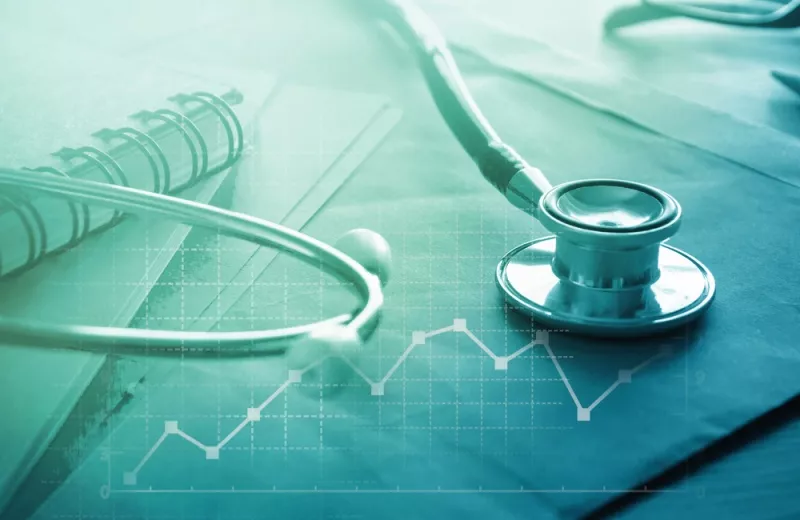Economists make an impact in every industry. The skills learned in a quality applied economics degree program prepare graduates to take on challenges in many settings. These include private companies, government entities, and non-profit organizations.
But perhaps no industry needs professional economists more than healthcare. A mature and rapidly growing industry, healthcare faces a complex set of regulations, constantly evolving laws, financial challenges, and a drive to improve patient outcomes. That’s a mix that requires sound economic guidance.
The Boston College Master of Science in Applied Economics degree program allows students to choose elective courses related to a career in healthcare economics, including courses in Health Care Economics and Empirical Health Economics. These courses go beyond the vital, foundational skills needed by successful economists in general.
What Healthcare Economists Do?
Healthcare economists examine how a medical operation’s resources are allocated. They then use that information to determine the best way to deliver efficient, cost-effective services. They also ensure that dollars spent provide the widest array of services to the largest number of patients.
In the public sector, healthcare economists analyze public healthcare policy and whether it is achieving the intended goals in the most cost-effective way possible.
In private industry, specific services and products are analyzed to ensure they are provided in the most cost-effective way. Healthcare economists also examine healthcare operations and help with forecasting needs, analyzing outcomes and ensuring not only efficiency but constant improvement in patient outcomes.
Healthcare economists deal with a number of important issues including:
- Allocation of doctors, nurses, and other medical professionals in large healthcare facilities
- Funding for drug research
- Building of public health centers
- The rising costs of healthcare in most nations–particularly the U.S.
- The need for a larger, better-trained healthcare workforce
- An aging of the U.S. population that is expected to put a strain on healthcare resources
- The increasing demand for healthcare services around the world
How a Degree Prepares Healthcare Economists
Graduates who earn a master’s in applied economics develop advanced skills that prepare them for the highest levels of the profession. For example, the Boston College M.S. in Applied Economics has many learning outcomes, including:
- The ability to use economic models to analyze decisions made by consumers, investors, private companies and government agencies
- Knowledge of both microeconomic and macroeconomic models to analyze choices
- Skills needed to analyze and interpret macroeconomic data to formulate economic policy, and evaluate the impact of macroeconomic events on an organization
- The development of skills and practical knowledge in data analysis and econometrics
Economics is that rare career path in which the foundational set of skills allows professionals to move into careers across every industry. With the rapid expansion of healthcare, it’s an option that provides a wealth of employment options for applied economics students.
